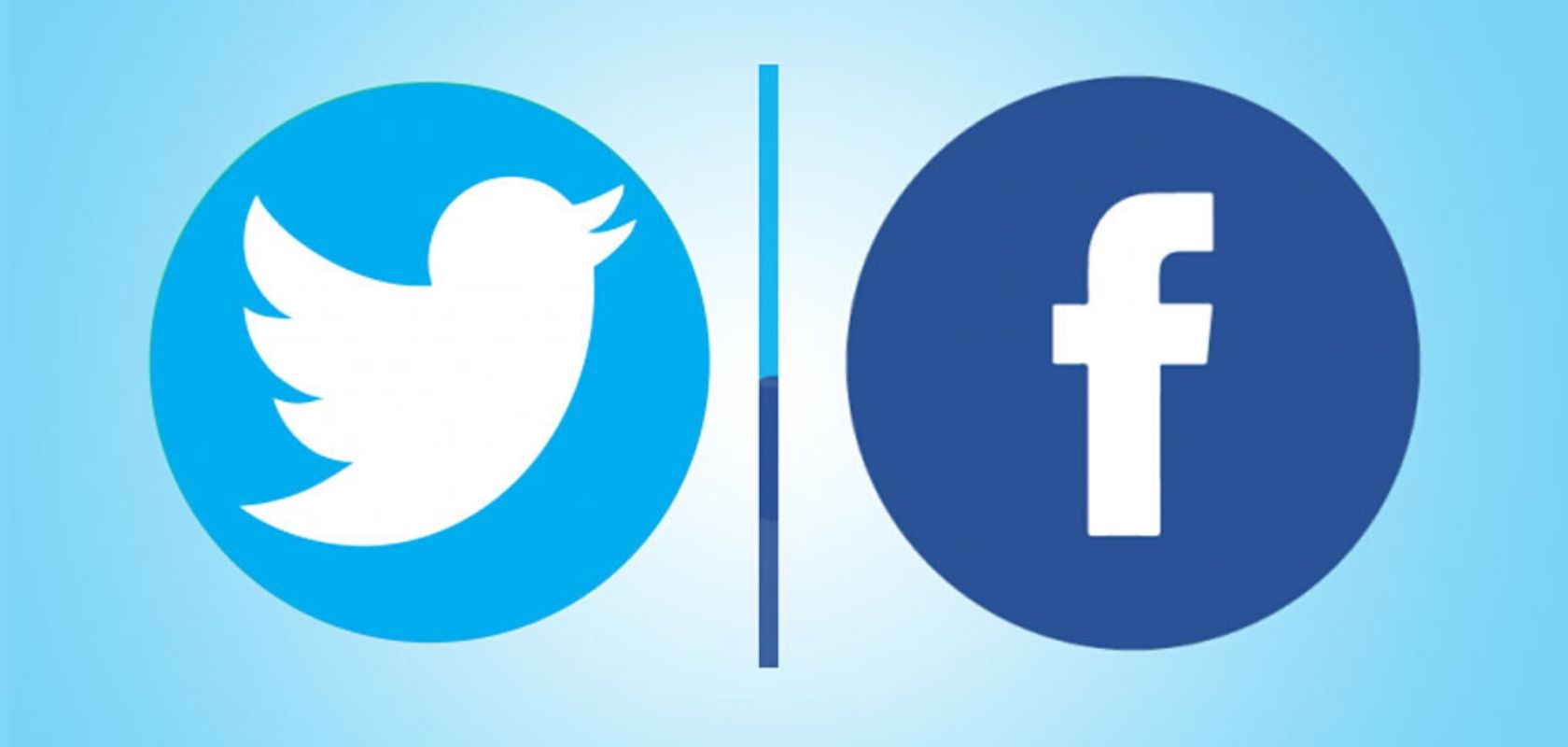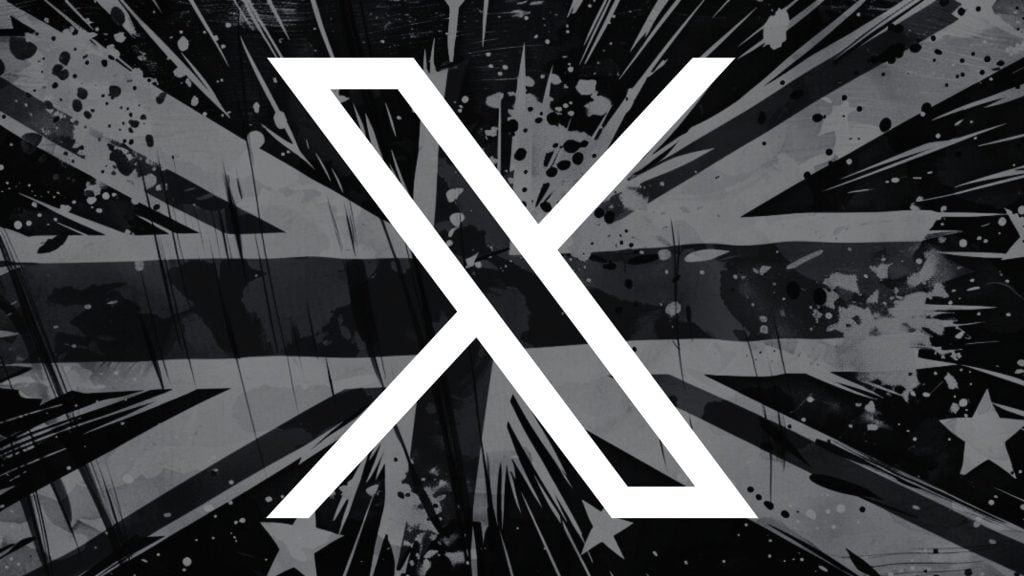It was Facebook that was under fire these last few weeks on the issue of political advertising – but Twitter became that social network that gave in an decided to ban all political marketing.
However, former member of Barack Obama’s media team Arun Chaudhary tells British online magazine Spiked that the decision amounts to nothing more than “a PR move” – as political ads on Twitter reach far fewer people than those published on Facebook, and in general aren’t good value for money to those posting them anyway.
That’s unlike Facebook, Chaudhary continued, who defined the giant as “really a public square owned by a private company,” one that as such represents a highly important tool that can be used by powerful and less-known politicians alike, regardless of their budgets. For this reason, he is opposed to Facebook following Twitter’s example and banning political ads.
Chaudhary – who in 2016 worked on the campaign of Bernie Sanders – singles him out as an example of a candidate who managed to get his message across and get the voters’ attention thanks to having access to what he refers to as “industrial capacity” of social media as advertising platforms.
Preventing lower-profile candidates who can’t rely on big donors from using a platform like Facebook to promote themselves and their policies would create a playing field clearly favoring big players.
“Until there is some other platform that can deliver advertising at a small cost that can be targeted to people’s local communities, then a ban on Facebook ads would really put a dent in grassroots organizing,” said Chaudhary.
Unlike Democratic Senator Elizabeth Warren and many of her party colleagues, he doesn’t think Facebook should be that entity deciding what ads are misleading and spreading misinformation.
He is opposed to the idea of giving Facebook the power to fact-check and in that way judge what’s true. That would in effect give the monopoly on truth to “a group of big corporations” – an outcome that Chaudhary sees as more dangerous than the fact that some amount of misinformation will always find its way onto online platforms.
In this context, he doesn’t think that the current narrative building up a negative image of social sites and online media as the reason why misinformation is disseminated in the world stands up to scrutiny. In the past, traditional media operated under tight centralized control, playing the role of the arbiters of truth.
“Together they would make decisions about what the truth was – they all agreed with the Vietnam War until they all stopped agreeing with the Vietnam War,” Chaudhary said of broadcasting conglomerates. “The only new thing today is that thanks to social media, those old monopolies are breaking down.”
If you're tired of censorship and dystopian threats against civil liberties, subscribe to Reclaim The Net.









